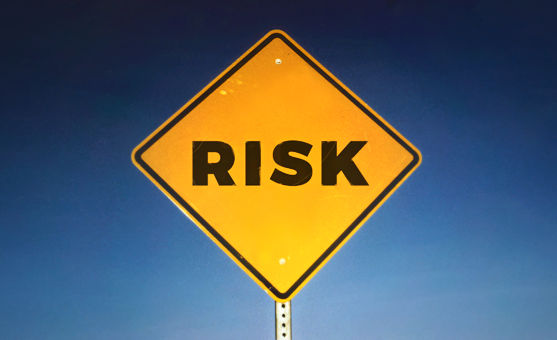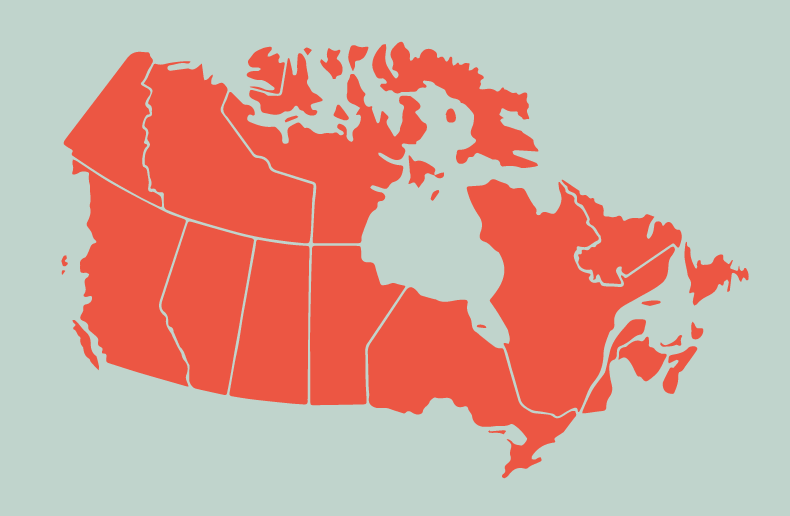A survey of chief risk officers at Canadian banks, pension funds, insurance companies, crown corporations, industry associations and asset managers conducted by the Global Risk Institute in Financial Services (GRI) has found that cyber risk, economic risk, climate change and credit risk top the list of concerns faced by Canadian financial institutions today.
In addition to the risks that financial institutions face in 2021, the survey of GRI’s members also examines respondent’s confidence about economic performance in Canada, the United States, the European Union, the United Kingdom, China and other Asian countries.
Overall, GRI says top risks from prior years have been overshadowed in some cases by events brought on by the global pandemic. It found that, in the long term, the pandemic will have a tangible impact on business operations and the perception of risk. Climate change and environmental risks, along with cyber risk, were all top risks identified by GRI members.
Most notably, the survey further found that 78 per cent of respondents say a high-impact event based on these risks is likely to occur in 2021, up from only 48 per cent who said the same a year earlier. That said, 100 per cent of respondents indicated that they were confident the Canadian financial system would be able to withstand potential high-impact events.
Climate change and environmental risk
“Climate change and environmental risk has increased each year in importance since 2018,” they write. “Climate risk is a top risk for the financial sector and is no longer an emerging threat on the horizon. Industry members are keen to see guidance from OSFI (Office of the Superintendent of Financial Institutions) and the Bank of Canada on this issue in 2021.”
When asked to identify the top risk that would have the greatest impact on their own institutions, cyber risk was identified as a key risk factor every year for the past four years. Cyber risk also clearly took the top spot this year when respondents were asked to rank top risks, based on how difficult the risk is to manage.
When asked to share how confident they were about the stability of different global economies, meanwhile, respondents said Chinese and Asian economies appeared to be the most stable – 53 per cent of GRI’s members had a positive or somewhat positive view of China’s economy, while 43 per cent had a positive view of Asia’s other economies. Due to Brexit, the United Kingdom was perceived to be the least stable, with 71 per cent of respondents expressing a negative view. The outlook for the Canadian economy, meanwhile, is mixed with 50 per cent of respondents having a neutral view while 20 per cent indicated that they had a somewhat positive view and 30 per cent saying they had a somewhat negative view on the economy.




